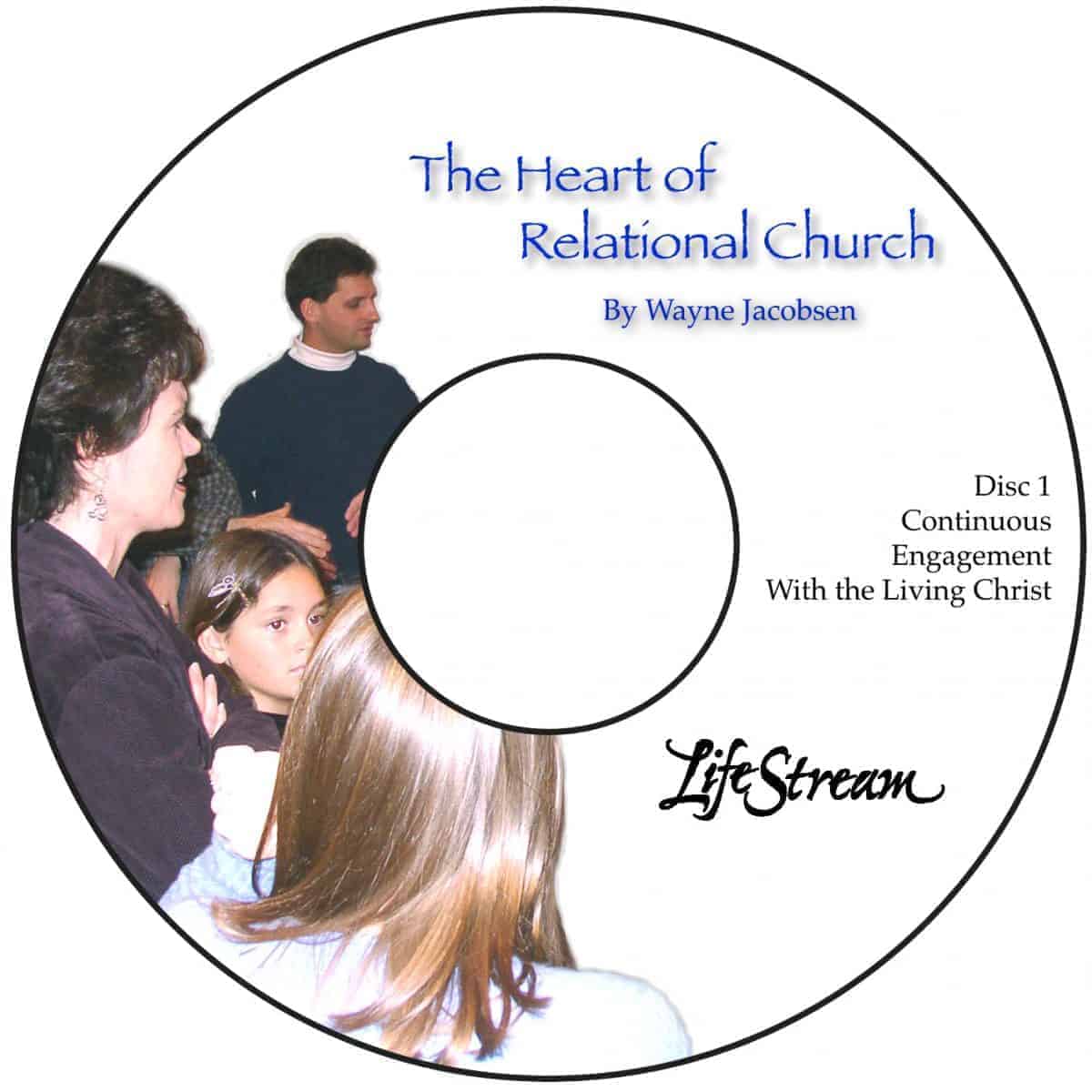I’ve been having a bit of conversation with a brother from Maryland about the role of teaching in the reality of the Body of Christ. I thought some of you would appreciate that exchange. Here’s what he first asked:
But what does it mean when it says that some are called to be teachers, some pastors, some apostles… all that? What does teacher mean in this verse? Is the speaking to crowds implied there, and if this is essential in the Church being as Christ was in the world, then what is the occasion for
speaking to such crowds to occur, if not by the miraculous signs that the person drawing the crowd, Jesus, has there with him? Also Jesus himself often spoke to people that were gathered together in the regular gathering place of the temple. Aren’t locally churches like the modern day equivalent to that? How is this essential in some way, if at all, from a Scriptural stand point, and what is the occasion for such situations to occur when speaking to crowds would happen, as is good. That is, if not, on a regular basis with a meeting and all that structure? Could you share some of your thoughts with me on this?
My Response: In my mind teaching is simply helping people get some truth that will help them live more deeply in Christ. To me it happens as simply as in a conversation with someone else, where the other person may not ever have identified with ‘being taught’, but nonetheless their eyes were open to something that didn’t see before. It can also happen in smaller groups with a more focused ‘sharing’ on the part of someone that others have wanted to hear from. And yes, speaking to large groups who want to hear is also a way to do that.
In my view, however, more people always mean a less effective teaching environment. The best is one-on-one where questions can be asked and answered as a discussion ensues in the real time of the hearer. The least desirable is one-on-thousands where one has to speak to the lowest common denominator. Not that it can’t or should be done, but everyone just needs to know the limitations it imposes. I teach in all of these settings with some regularity and don’t have a problem being in any environment in which Jesus calls me.
I guess what I’m trying to say is that I don’t see teaching as a ‘gift’ someone must do and others must hear. I certainly see the ability to communicate God’s truth as a gift, but it is not controlled by the ‘teacher’, but by what the hearers want to hear. In other words, it should be something imposed by the teacher, but sought by the hearers, recognizing the gift or wisdom someone has that will help them in their journeys.
Now that I think about it, I can’t think of one time that Jesus actually made any effort to bring a large group of people together to teach them. Not even once, let alone regularly. The people chose to be around him because of the way he lived his life… and the things he did (restoring people physically and all that). He did however form those one-on-one relationships with his small group of close disciples and friends.
My Response:I love his last paragraph here. Isn’t it amazing how easily our systemic paradigms obliterate the example of Jesus? He didn’t exercise a gift that others needed to listen to. He lived his life and God opened up opportunities with individuals and crowds because they were drawn to what he had to give. He scheduled no regular meetings or studies. He didn’t do a ‘lecture’ series anywhere. The irresistible power of his message and his character drew people to his side. That doesn’t mean scheduled meetings or lecture series are wrong; it’s just that they are not so essential as others might think.
There is great value in the gift of teaching for us all in the body. Just because we don’t ‘need’ to be taught by anyone as Hebrews 8 and I John suggest, doesn’t mean there isn’t great value in learning the lessons of folks that have walked a ways ahead of where we are. It’s just that we must take care not to grow dependent on their experience, but use it to help us draw more closely to him.






